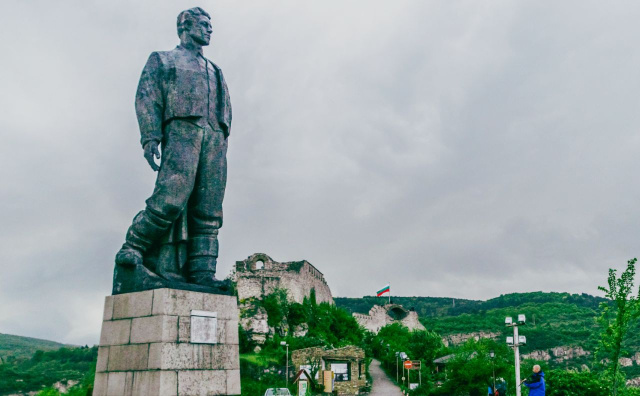July 18 marks 188 years since the birth of Vasil Levski, one of the most revered figures in Bulgarian history. Known as the Apostle of Freedom, Levski’s name has become synonymous with self-sacrifice, unwavering patriotism, and the revolutionary spirit of a nation striving for liberation.
Vasil Ivanov Kunchev was born on July 18, 1837, in Karlovo, to Ivan and Gina Kunchevi. Early in life, he entered the monastic order under the name Ignatius. He was ordained as a hierodeacon and served as a church singer in his hometown. But his path soon took a decisive turn from the ecclesiastical to the revolutionary.
In 1862, Levski left for Serbia and joined the First Bulgarian Legion in Belgrade, organized by Georgi Rakovski. His agility and daring acts during exercises earned him the nickname “Levski” (from the Bulgarian word for “lion”). When the legion was dissolved, he briefly joined the detachment of grandfather, Ilio Voivode. He traveled to Romania, stayed there for a short period, and returned to Bulgaria – more determined than ever.
In 1868, he became part of the Second Bulgarian Legion, but after its abrupt disbandment, Levski grew convinced that Bulgarians themselves had to organize and lead the struggle for their freedom, without relying on foreign powers or outside assistance.
By late 1869, he partnered with Lyuben Karavelov in laying the foundations of the Bulgarian Revolutionary Central Committee (BRCC). Hristo Botev later wrote of Levski with admiration, emphasizing his stoicism and spirit: “Cold, wood and stone crack, hungry for two or three days, and he sings and is cheerful!”
Levski not only provided the ideological framework for the liberation movement, he built it from the ground up. He established the Internal Revolutionary Organization (VRO), setting up secret committees in towns and villages across Bulgaria. He developed covert communication channels, including a secret police and underground post, which formed the backbone of a national revolutionary network. This infrastructure would later help ignite the April Uprising, several years after his death.
In his own words, Levski believed that “one must look to the people’s work above all else, and respect it more than oneself.” He lived and died by these principles.
In 1872, during the harsh winter, Levski was captured at the inn in Kakrina near Lovech. Though several rescue attempts were made, all of them failed. He was brought to Sofia, tried before an Ottoman court, and sentenced to death. On February 18, 1873, Levski was executed by hanging near Sofia.
His legacy remains unmatched. Vasil Levski continues to stand as the moral compass of the Bulgarian national movement – its purest symbol, its most committed son. His words and vision for a free, just, and united Bulgaria continue to echo through generations. A bow of reverence, and eternal glory to “our best Bulgarian.”
